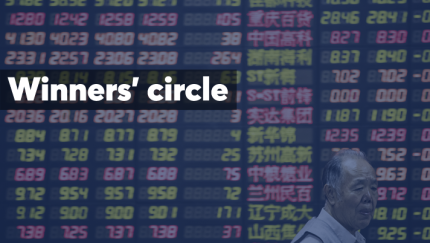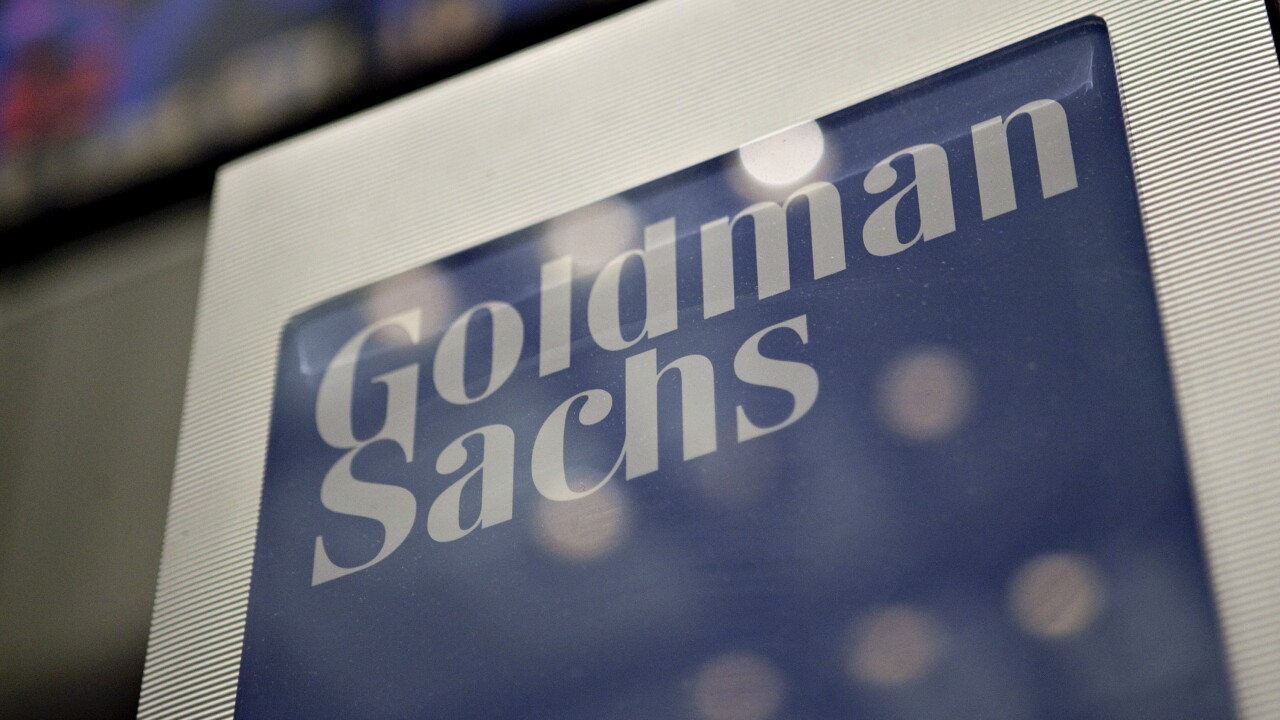Stocks down for a third successive week, bond yields at their highest since 2016 and a currency market replete with bears.
Such have been the declines in emerging markets that the more sanguine commentators have begun saying the selloff has run its course and it may even be time to buy the dip.

But JPMorgan Chase says a careful analysis of who has been doing the selling shows the turbulence may have further to run. Until now, the bank says, it’s largely hedge funds that have been bailing out, while the so-called real money — equity and bond fund managers — has remained on the sidelines. Selling by individual, or retail, investors, has been generally muted too. So what if that were to change?
-
The largest ETFs that track the two asset classes posted about $3.1 billion of withdrawals last week.
February 5 -
The benchmark MSCI emerging markets index advanced more than 11% last year, and this year to date gained another 14%.
May 15 -
After stellar performance in a hectic decade, advisors home in on these funds.
February 13
“EM assets look still vulnerable if real money investors decide to join hedge funds in reducing their exposure,” analysts including London-based Nikolaos Panigirtzoglou, a global market strategist at JP Morgan, said in an emailed note. “Effectively, the entire previous rise in the EM hedge fund beta seen between November last year and March this year has been unwound in recent weeks.”
It’s getting harder to justify the risk of holding emerging-market securities. An index of developing-nation exchange rates has fallen in every week but three since the end of January, and carry traders, who borrow in dollars and invest in local-currency assets, suffered losses on all but one of the 23 major emerging-market currencies over the past month.
Trump’s call for tariffs on steel and aluminum imports, and subsequent worries of a trade war, have recently taken a toll on emerging markets investments.
Then there’s the MSCI EM Index of stocks, which fell below its 200-day moving average for the first time since January 2017, a sign to some analysts that the rout may endure.






